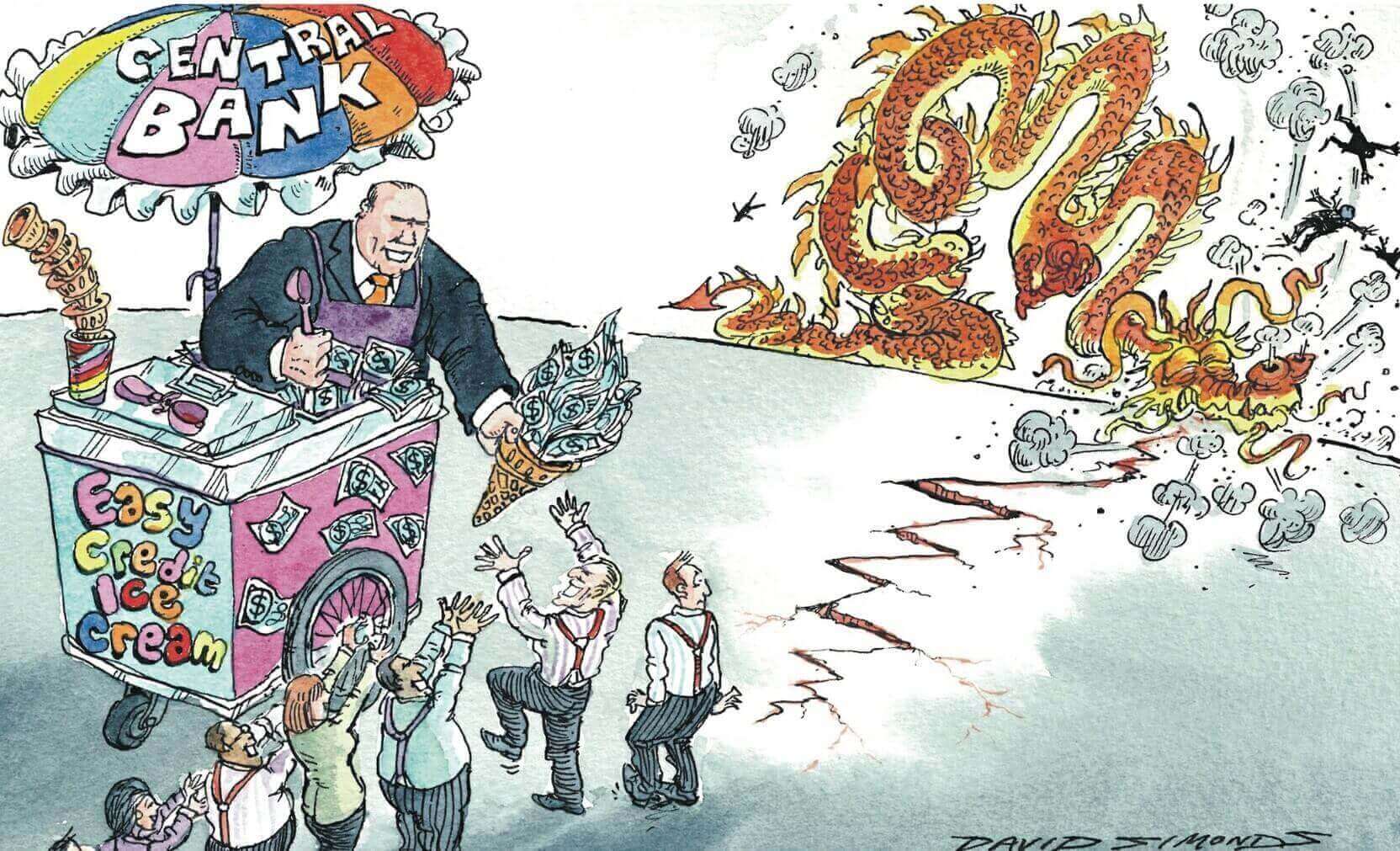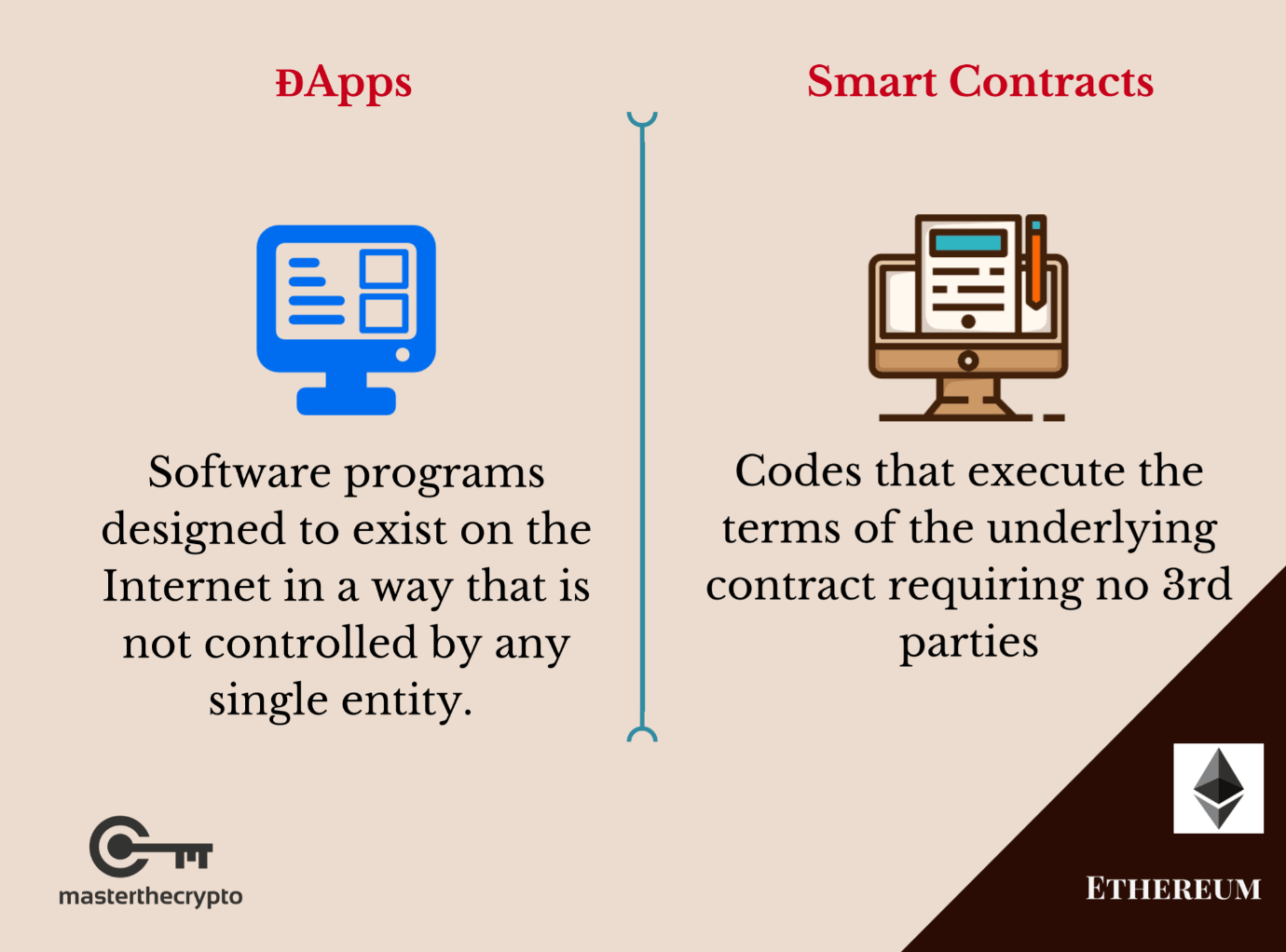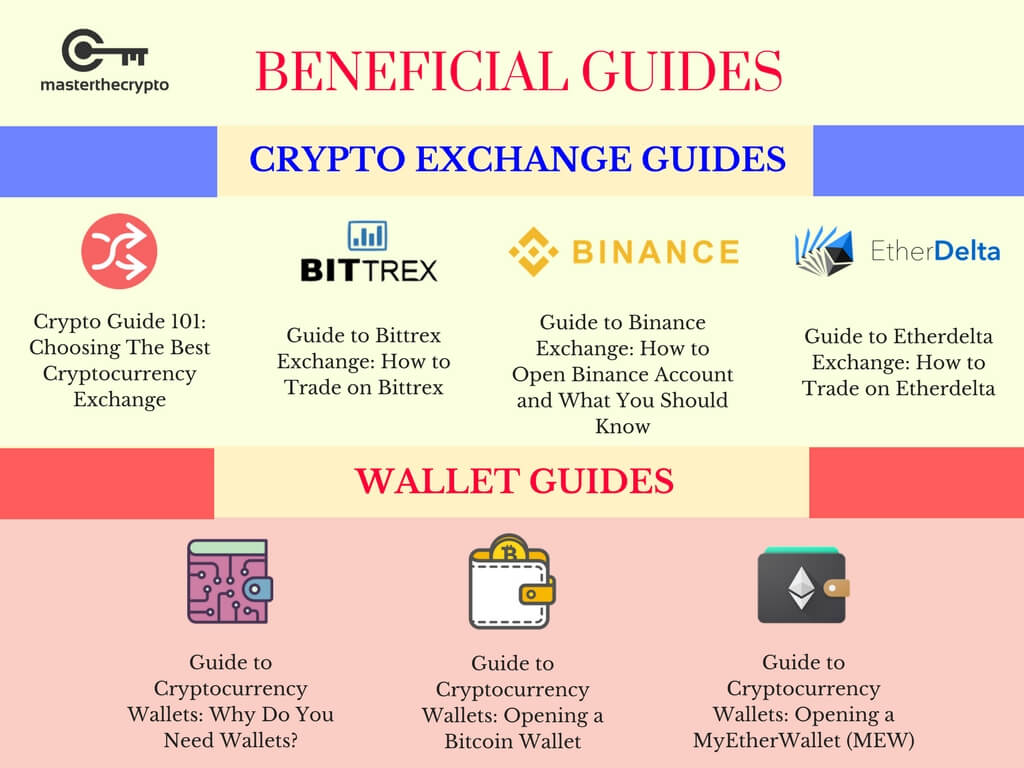This article looks at Blockchain & Banks, exploring the advances of blockchain in the banking sector. Is it a good fit?
Some have dismissed blockchain and cryptocurrency as a fad that spells too much trouble for governments to become a mainstay in our everyday lives. Others believe it presents too many advantages for businesses and consumers for it to disappear. Either way, the technology is too revolutionary for banks to ignore. (See more: Evolution of Cryptocurrency: Replacing Modern Cash)
Here is a roundup of how blockchain works and how banks might utilize it in the future.
A Brief History
Bitcoin is a borderless decentralized digital currency that was invented in 2008. Its founder, known only by the pseudonym Satoshi Nakamoto, cultivated it partly in response to the global financial crisis that unfolded in the same year. One of Nakamoto's primary goals was to create a currency with a value that couldn't be affected by quantitative easing. To this end, he created an automated mining system that ensures there will only ever be 21 million bitcoins in existence. This means that the value of bitcoin will always be based on supply and demand.

Bitcoin's borderless nature meant that overseas transactions would be subject to much lower fees than those charged by banks.
The decentralized nature of blockchain makes it more secure and reliable than traditional banking databases, as there is no single database that could be compromised by hackers or suffer from system failure
Bitcoin transactions are stored in an immutable decentralized ledger called the blockchain. Instead of existing on a single server, it exists on every computer that can connect to the internet. The decentralized nature of blockchain makes it more secure and reliable than traditional banking databases, as there is no single database that could to be compromised by hackers or suffer from system failure. (Read also: Is it Too Late to Buy Bitcoin and Is It too Late to Invest in Cryptocurrency?)
Blockchain transactions are pseudonymous and there is no central authority that can ban anyone from making bitcoin transactions. The advantages of bitcoin over fiat currency have driven its remarkable growth in value since its creation.
(See more: Understanding Cryptocurrencies: Game of Thrones Edition)
The Beauty of Blockchain
Blockchain technology was invented simply as a ledger for bitcoin transactions. Eventually, though, it became clear that its decentralized, immutable, pseudonymous nature could be put to use in innumerable other industries.
The invention of Ethereum in 2015 was a historic moment for blockchain technology. This open-source platform allows developers to create any type of software on blockchain without limits. Revolutionary blockchain technologies such as smart contracts and decentralized autonomous applications (dApps) seem to be poised to disrupt the banking industry in a major way.

(See more: Guide to Ethereum: What is Gas, Gas Limit and Gas Price?)
How Banks Benefit
It is likely to be difficult for retail banks to ignore technology that is undeniably more secure and reliable than their current databases. Firstly, its pseudonymous nature could help end identity fraud. Secondly, the decentralized nature of blockchain could help introduce faster payments than two centralized systems could ever manage. (See also: Guide on Privacy Coins: Comparison of Anonymous Cryptocurrencies)
While some blockchains (most notably bitcoin's) are notoriously slow, others that are lightning fast. Ripple, the second-most-valuable cryptocurrency by market capitalization, can handle 1,500 transactions per second. The use of smart contracts could improve the efficiency of banking transactions further still. Banks rely on contracts for all of their products, from credit cards to mortgages to checking and savings accounts.
Smart contracts can be applied to all of the processes detailed in these documents and, it is believed, massively reduce processing costs for banks. Indeed, smart contracts are expected to replace to replace the clunky and inefficient Know Your Customer identity management process soon rather than later.
Wasting No Time
Several start-ups have received venture capital to develop the projects discussed above, but the majority of them are still just ideas at this stage. That is why it can be hard to quantify the actual values of cryptocurrencies.

However, several major banks have already moved to invest in and develop blockchain technology. A group of financial institutions led by Swiss bank UBS has agreed to use Ethereum to improve the quality of their reference data. Instead of entrusting it to a third party to review, they are happy to rely solely on blockchain.
Meanwhile, Santander will use Ripple to power its new mobile app and it has been widely predicted that central banks will hold bitcoin and Ether cryptocurrencies in their reserves for the first time this year.
The Long View
Perhaps unsurprisingly, many central governments are doing their best to limit the growth of cryptocurrency on their shores. This might be enough to halt the growth of bitcoin as the world's first truly global currency. It must overcome other hurdles as well, not least slow transaction times and wild fluctuations in value.
Whatever happens with bitcoin, though, it's difficult to dispute the advantages that blockchain is likely to bring to retail banking.
Beneficial Resources To Get You Started
If you're starting your journey into the complex world of cryptocurrencies, here's a list of useful resources and guides that will get you on your way:

Trading & Exchange
- Crypto Guide 101: Choosing The Best Cryptocurrency Exchange
- Guide to Bittrex Exchange: How to Trade on Bittrex
- Guide to Binance Exchange: How to Open Binance Account and What You Should Know
- Guide to Etherdelta Exchange: How to Trade on Etherdelta
- Cryptocurrency Trading: Understanding Cryptocurrency Trading Pairs & How it Works
Wallets
- Guide to Cryptocurrency Wallets: Why Do You Need Wallets?
- Guide to Cryptocurrency Wallets: Opening a Bitcoin Wallet
- Guide to Cryptocurrency Wallets: Opening a MyEtherWallet (MEW)
Read also: Beginner's Guide to ICO Investing: How to Participate in ICOs and Guide To Cryptocurrency Trading Basics: Introduction to Crypto Technical Analysis
This represents the writer’s personal opinions and does not – in any way- constitute a recommendation of an investment or financial advice. Please assume caution when investing in cryptocurrencies and do so at your own risk, as it is extremely volatile and you can lose your money.
Get our exclusive e-book which will guide you on the step-by-step process to get started with making money via Cryptocurrency investments!
You can also join our Facebook group at Master The Crypto: Advanced Cryptocurrency Knowledge to ask any questions regarding cryptos!
Serial Entrepreneur. Advisor to multiple startups

